From Drumming to Dancing: The Spiritual Significance of Music in African Religions
Music holds a profound place in the tapestry of human culture, and in African religions, it serves not only as entertainment but as a vital spiritual practice. From the rhythmic beats of traditional drums to the graceful movements of dancers, music embodies the very essence of connection—between individuals, communities, and the divine. In this exploration, we will delve into the spiritual significance of music in African religions, illuminating its role in rituals, healing, storytelling, and cultural identity.
The Role of Drumming
Sacred Instruments
Drumming is often seen as the heartbeat of African music. Each drum carries a unique sound that resonates with the spiritual energies of the universe. Instruments like the djembe, talking drum, and shekere are not merely tools for making music; they are considered sacred objects imbued with spiritual power. In many cultures, the act of drumming is believed to summon ancestral spirits, creating a bridge between the physical and spiritual worlds.
Rhythm and Communication
Rhythm serves as a form of communication, conveying messages and emotions that words alone cannot express. In African communities, drumming patterns often correspond to specific messages or events. For instance, certain rhythms may announce a birth, a harvest, or even a call to arms. The connection between rhythm and life events underscores the belief that music is intertwined with existence itself.
Music in Rituals
Initiation Ceremonies
Rituals mark significant life transitions, such as births, marriages, and initiations. In many African cultures, music is integral to these ceremonies. During initiation rites, music serves to guide participants through the transformative experience, fostering a sense of belonging and identity. The rhythmic patterns and melodies help to create an atmosphere of reverence, signaling the importance of the occasion.
Healing and Exorcism
Music also plays a critical role in healing practices. Traditional healers often use songs and rhythms to drive away negative spirits or to aid in physical and spiritual healing. The belief is that certain melodies can resonate with the body and soul, restoring harmony and balance. In exorcism rituals, drumming and chanting work together to create an environment conducive to spiritual cleansing.
Dance: A Physical Expression of the Spirit
Movement and Spirituality
Dance is another vital aspect of music in African religions. Through movement, individuals express their innermost feelings and connect with the divine. Dance is not just an art form; it is a sacred practice that embodies spiritual beliefs. Each movement tells a story, often reflecting the rhythms of the drums that accompany it. The connection between dance and spirituality is so strong that participants often enter trance states, believed to facilitate communication with ancestors or deities.
Community and Identity
In many African cultures, dance serves as a communal activity that reinforces social bonds. During ceremonies, festivals, and communal gatherings, music and dance bring people together, fostering a sense of unity and shared identity. The collective experience of rhythm and movement enhances communal ties, allowing individuals to feel connected not only to each other but also to their cultural heritage.
Storytelling Through Music
Oral Traditions
Storytelling is a fundamental aspect of African culture, often conveyed through music. Griots, or traditional storytellers, utilize songs and chants to pass down histories, legends, and moral lessons. This oral tradition is essential for preserving cultural identity and transmitting wisdom across generations. The melodies and rhythms help to etch these stories into memory, making them more accessible and engaging.
Songs as Social Commentary
Music also serves as a vehicle for social commentary. Through lyrics and performance, musicians can address social issues, express dissent, or celebrate cultural pride. These songs often resonate deeply with the struggles and triumphs of the community, reinforcing shared values and aspirations.
The Interplay of Music and Spirituality
Music as a Spiritual Language
In African religions, music transcends mere entertainment; it is considered a spiritual language that articulates the inexpressible. The combination of rhythm, melody, and movement allows practitioners to engage with the divine in a deeply personal and communal way. Whether through the mournful sound of a flute or the vibrant beats of a drum, music invites individuals to explore their spirituality.
Connection to Ancestral Spirits
Many African religious practices emphasize the importance of honoring ancestors. Music acts as a medium through which practitioners can connect with their forebears. Songs and dances dedicated to ancestors create a sense of presence, allowing individuals to seek guidance, protection, and blessings. This connection reinforces the belief that the past is interwoven with the present, shaping identities and experiences.
Conclusion: The Enduring Legacy of Music in African Religions
The spiritual significance of music in African religions cannot be overstated. From the rhythmic heartbeat of drums to the expressive movements of dance, music serves as a conduit for connection, healing, and storytelling. It embodies cultural identity, preserves history, and fosters communal bonds. As we continue to explore the diverse landscapes of African spirituality, it becomes clear that music is not just an art form; it is a vital lifeline that connects us to our roots, our communities, and the divine.
In a world where the fast pace of life often overshadows spiritual reflection, the vibrant music of African religions invites us to pause, listen, and connect with the deeper rhythms of existence. Whether we find ourselves in the echo of a drumbeat or the swirl of a dance, we are reminded of our shared humanity and the enduring power of music to uplift, heal, and unite.
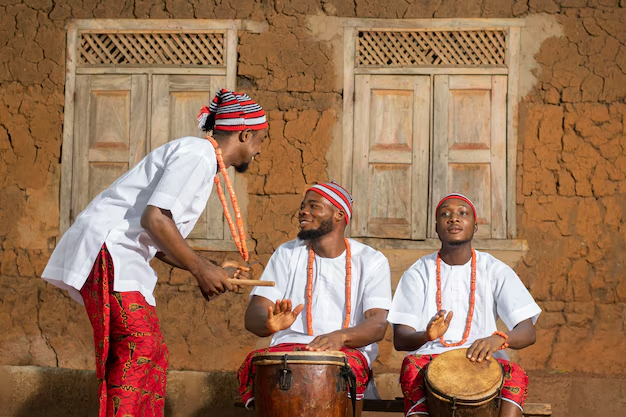
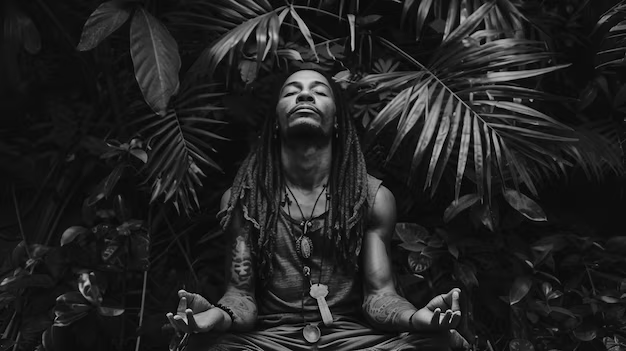
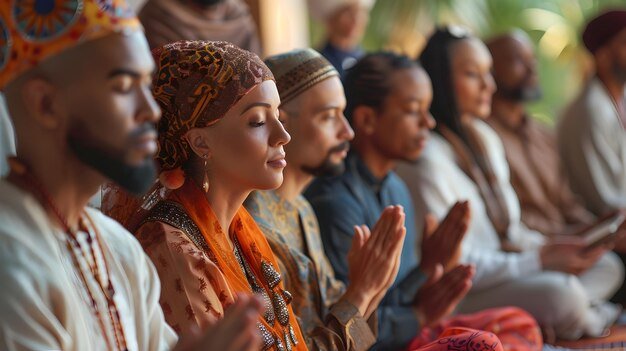
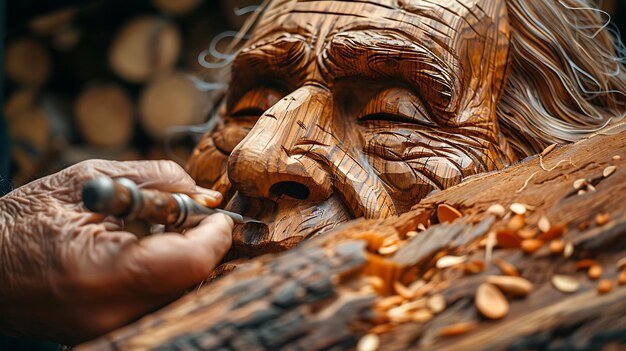

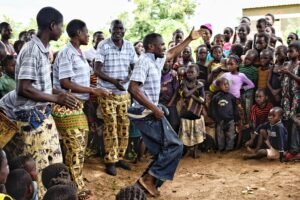

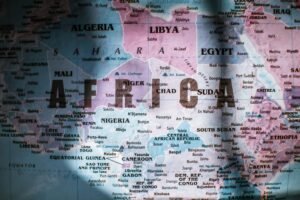
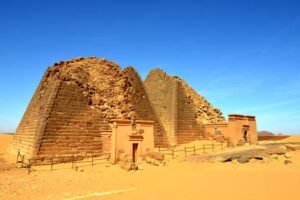
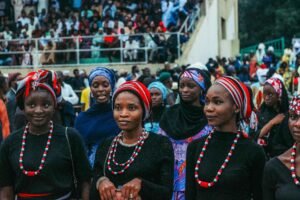

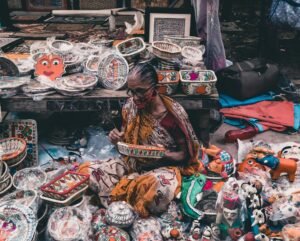


Publicar comentário